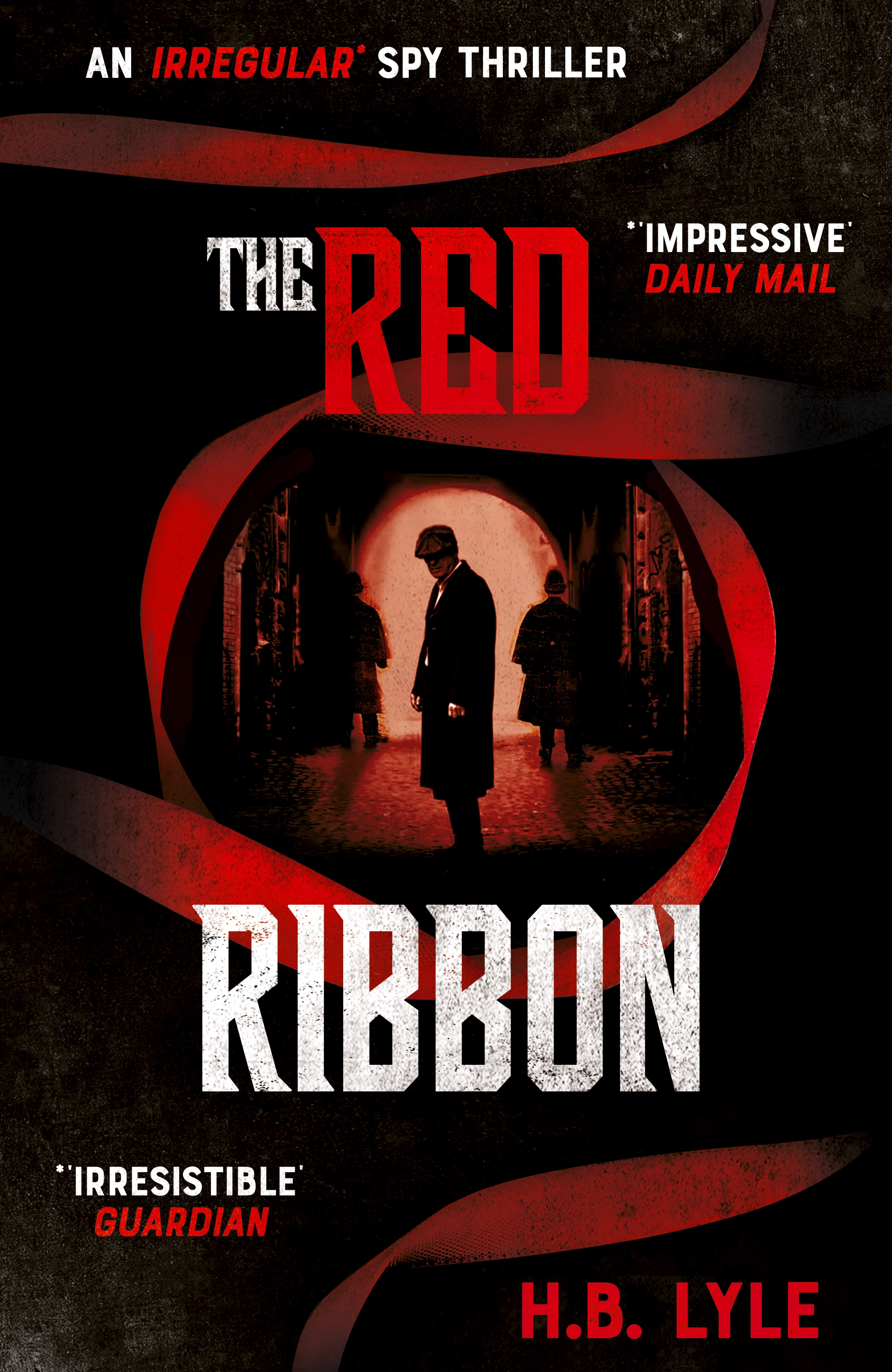

In my years as a film executive
– where I specialised in screenplay development – I came across numerous
‘gurus’ exhorting screenwriters to ‘know their genre’. Indeed, I may have even exhorted a few
screenwriters to bone up on genre myself.
New screenwriters are berated
if they don’t have a handle on the conventions of the rom-com, the horror movie
or the thriller that they are trying to write.
Many screenwriting manuals go
further still, advising any would-be Oscar winner to know their ‘sub-genre’, to
be aware of all the sci-fi, road movie, horror comedies out there. I was much
the same. When confronted with a script where the writer clearly hadn’t seen
similar films in the genre, I would toss it aside. ‘Watch more films!’ I would
cry.
Then I wrote a novel.
One of the things I discovered
about the publishing industry is that its approach to genre is in many ways
similar to film. ‘Where does your book
fit on the shelf?’ an agent might ask you about your nascent manuscript. ‘What
other books is it like?’ is something they’ll definitely ask you.
All the advice you might read
on writing your synopsis (one of the key documents in submitting fiction to
agents and publishers) and a cover letter, tells you to mention other books
that yours might be like – in other words to ‘fix’ or place the genre. ‘It’s a
cross between Harry Potter and 50 Shades’, you know the sort of thing.
And then I wrote another novel.
And still, two novels in, I
don’t really know what genre I am writing in. Given this, I find it almost
impossible to ‘know it’ if I don’t even know what ‘it’ is. Despite my years of
film training, those repeated exhortations, I find myself writing in the dark.
Of course, I’m writing this
piece for Shots Magazine – a Colossus of the crime writing world – and certainly
there are criminal elements at play in my novels. The latest one (The Red Ribbon) has a disappearance from
a high-class brothel in Belgravia, a suffragette riot outside Parliament and a murderous
(real life) gun-battle in the East End.
I have a lead character in Wiggins who used to work for Sherlock Holmes
and there are murders, there are thefts, there is violence and law-breaking. My
publisher certainly thinks the novels are crime novels.
I understand this. Crimes
happen in my novels. Frequently. So I shouldn’t have been surprised when my
editor treated the book as such. What followed for me was a crash course in the
world of crime fiction. Thrillers, Grip Lit, Domestic Noir, Scandi Noir, Procedurals
and so on. I felt terrible. All these genres and sub-genres that - if I’d followed my own advice – I should have
known about, were often a mystery to me.
Even now, as a twice published
author of crime fiction, I’m still confused. Two of my most heartening blurbs
are from Charles Cumming and Mick Herron, two of the foremost writers of spy
fiction today.
Maybe – I thought – I’d written
a couple of spy novels. Certainly they are about a secret agent and his boss,
Vernon Kell, the real-life character who set up the secret service in 1909. The Irregular is about breaking a
spy-ring in a munitions factory, The Red
Ribbon is about uncovering a mole at the heart of government.
But then here comes a lovely
review from the Historical Novel Society – am I in fact writing historical
fiction? Or is it a John Buchan adventure story?
And so, even after writing two
novels and some way into the third, I still don’t really know what genre I’m
writing; in many ways, I’m still as ignorant as I was when I wrote the first
book.
In the end, though, this is
probably no bad thing. While I still think it is important to ‘know your
genre’, what’s really important is to know your book. Without the enthusiasm,
the naivety and the belief to write something to the end, no book would ever be
written.
In the end, I don’t really
think it is up to us, the authors, to ‘know the market’, to ‘read the runes’ or
to ‘spot a gap’. Sure, do that if you want: but what’s most important is to
write a book that you like; write one that you’d want to read; and write one
that you’d enjoy.
At least, that’s what I did
anyway – I wrote a novel that contains elements of the genres I most enjoy,
from spy to historical, from thriller to detection, with a dash of adventure
thrown in. Simple.
H.B.
Lyle’s new novel THE RED RIBBON is out now published by Hodder & Stoughton
Photo Credit: © Nadia Marquard Otzen